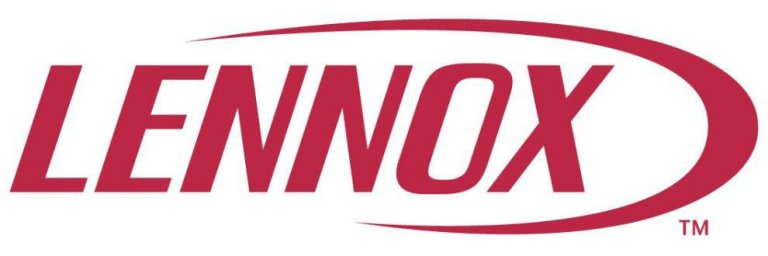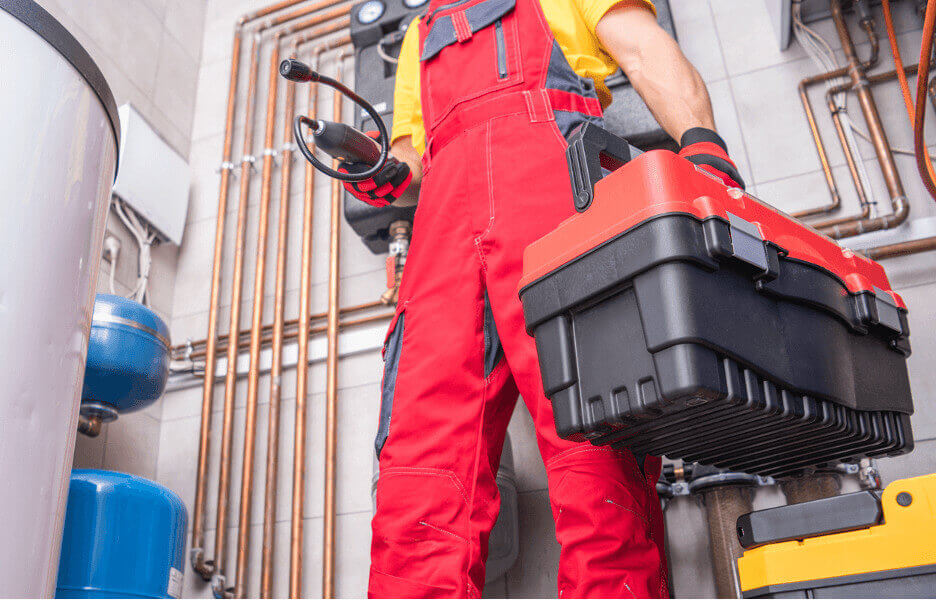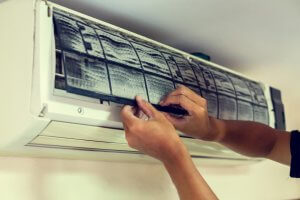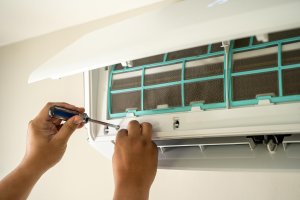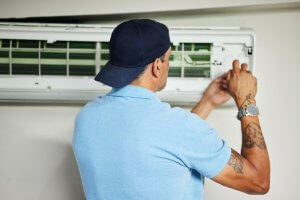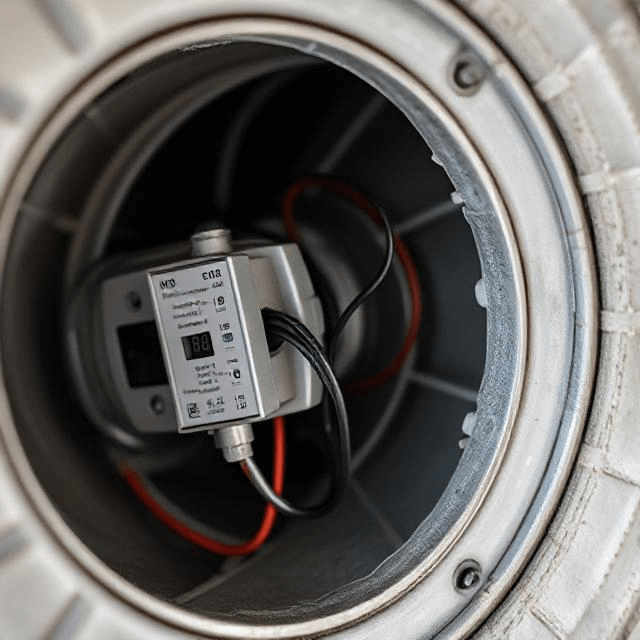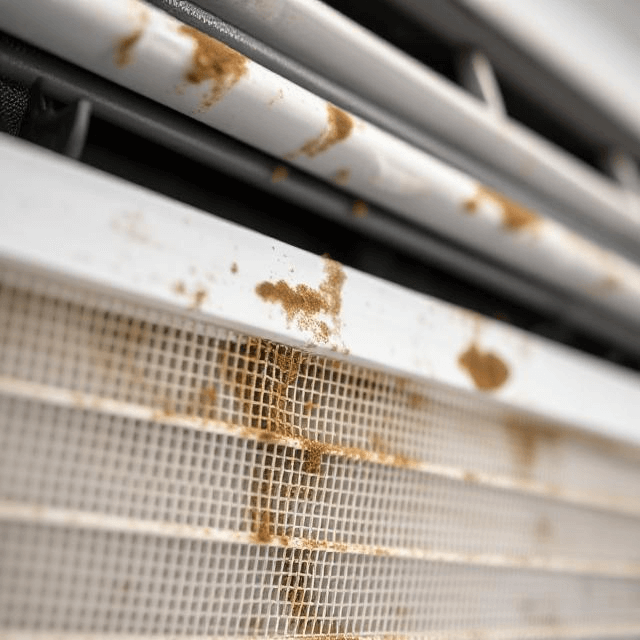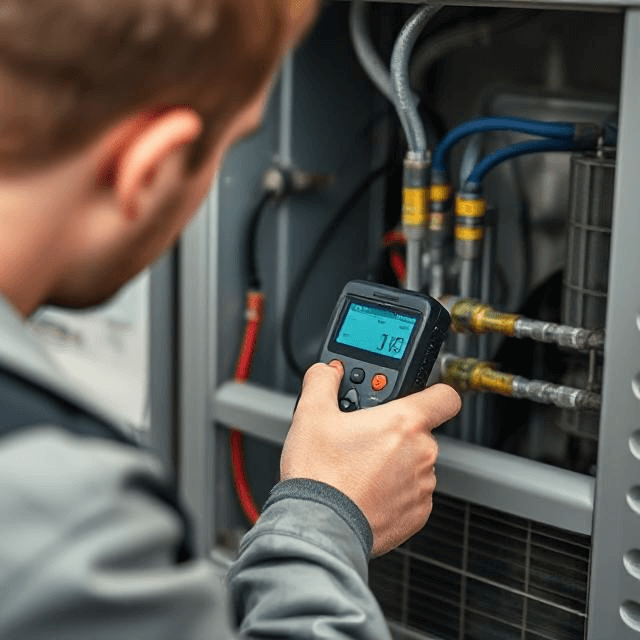When your HVAC system fails, it disrupts comfort and safety. Especially during the extreme weather conditions of Los Angeles, a malfunctioning HVAC system can turn a cozy home into an unbearable environment.
In this emergency situation, acting swiftly and wisely is critical. The immediate steps you take can mitigate discomfort and potentially save you from extensive repairs.
In this guide, let’s explore the strategy you can apply when your HVAC system breaks down.
Evaluate the Situation
The first thing to do when your HVAC system breaks down is to remain calm. Panic can cloud judgment, leading to rash decisions that may increase the problem.
Take a deep breath, and approach the situation methodically. A calm demeanor will allow you to accurately assess the condition of your HVAC system and decide on the most effective course of action.
Identify the Warning Signs
When your HVAC system starts to suffer, it will indicate distress through unusual noise, smell, or even smoke. Carefully listen or watch for these signs to assess the problem.
For example, noises, such as banging, hissing, or grinding, often point to mechanical problems. These sounds indicate a loose belt or a failing motor, which requires professional attention.
An overheating problem in the HVAC will become prominent through an unusual smell or smoke. This will affect the functionality of your system and jeopardize the safety of your home and its occupants. Electrical fires can start quickly without much warning, so these signs should never be ignored.
At the first sign of such issues, turn off your HVAC system at the main power source to stop any potential damage or danger. Instead of attempting a DIY repair, immediately contact a professional emergency HVAC service provider.
Try to Troubleshoot
If there are no clear indicators of noise, smoke, and foul smell, you can take a few troubleshooting steps to resolve even simpler issues. However, make sure to proceed with caution and safety.
Check the Power Supply
Make sure your HVAC system hasn’t been turned off by mistake or disconnected from the power supply. Check the circuit breakers or fuse box for signs of a tripped breaker or blown fuse, which are common causes of sudden system shutdowns. Resetting the breaker or replacing the fuse can sometimes bring your system back to life.
Inspect the Thermostat
A malfunctioning or incorrectly set thermostat can give the illusion of a broken HVAC system. Verify that it’s set to the correct mode (heating or cooling) and the desired temperature. If the thermostat is programmable, ensure it’s following the correct schedule.
Evaluate Airflow and Filters
Poor airflow can impact your system’s efficiency. Ensure all vents and registers are open and unobstructed. A common culprit for HVAC issues is a dirty or clogged air filter, which can restrict airflow and cause the system to overwork or shut down. Check the filter and replace it if it’s dirty.
Assess the Outdoor Unit
Check the outdoor unit and ensure it’s free of debris, leaves, and other obstructions that could impair its function. Also, check for any visible signs of damage or wear that might need professional attention.
Contacting a Professional HVAC Service
Once you have tried all the troubleshooting steps, it’s time to call a professional HVAC contractor in Los Angeles.
Choose a licensed, insured company with a strong reputation in Los Angeles, ensuring they offer 24/7 emergency responses. When calling, provide detailed information about the problem and any steps you’ve already taken.
A qualified team will quickly reach your destination and provide a fix for the problem, regardless of the emergency.
Make sure to have any relevant documents, such as warranties and service records, on hand for the technician.
How to Prevent Future HVAC Emergencies?
Preventing future HVAC emergencies is crucial for maintaining the comfort and safety of your Los Angeles home throughout the year. Here are practical steps to minimize the risk of unexpected breakdowns:
Regular Maintenance
Schedule annual or bi-annual maintenance checks with a professional HVAC maintenance service. These routine inspections can identify and address potential issues before they escalate into emergencies.
Replace Air Filters Regularly
An effective measure is to change your HVAC system’s air filters regularly. Depending on your system and filter type, this could mean every 1-3 months. Clean filters ensure optimal airflow and efficiency. It also reduces the strain on your system and prevents overwork that can lead to breakdowns.
Upgrade Old Systems
If your HVAC system is old and frequently requires repairs, consider upgrading to a newer, more efficient model. Modern HVAC systems are more reliable, perform better, and can reduce the risk of emergencies due to their advanced features and efficiencies.
Educate Yourself and Your Household
Understand the basic operations of your HVAC system and educate your household. Knowing how to correctly use the thermostat, recognizing the signs of a malfunctioning system, and understanding when to call professionals can prevent minor issues from turning into major problems.
Keep Your Home Comfortable Year-Round With Emergency HVAC Service
Facing an HVAC emergency in Los Angeles demands prompt and informed action to safeguard your comfort and safety. By evaluating the situation and knowing when to call in the professionals, you can navigate these challenges without compromising your safety.
For assistance during HVAC emergencies or to schedule maintenance service, contact Season Control HVAC at (818) 495-9420. Our professionals are ready 24/7 to provide fast, effective solutions for your HVAC needs in Los Angeles.
Trust us to keep your home comfortable and safe in any weather!
